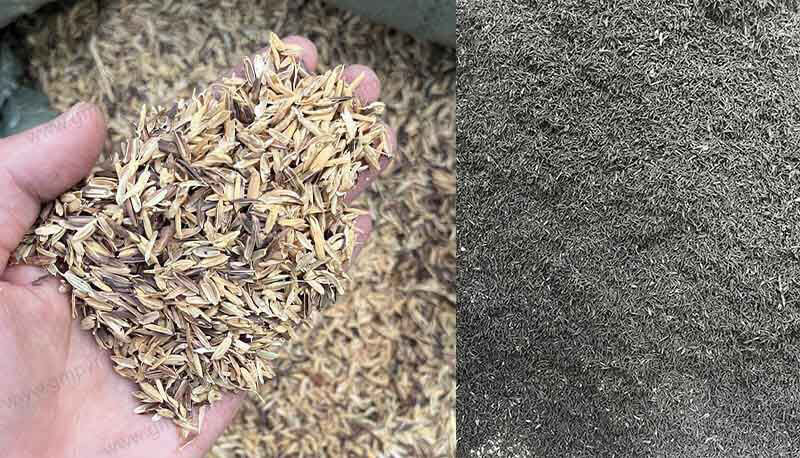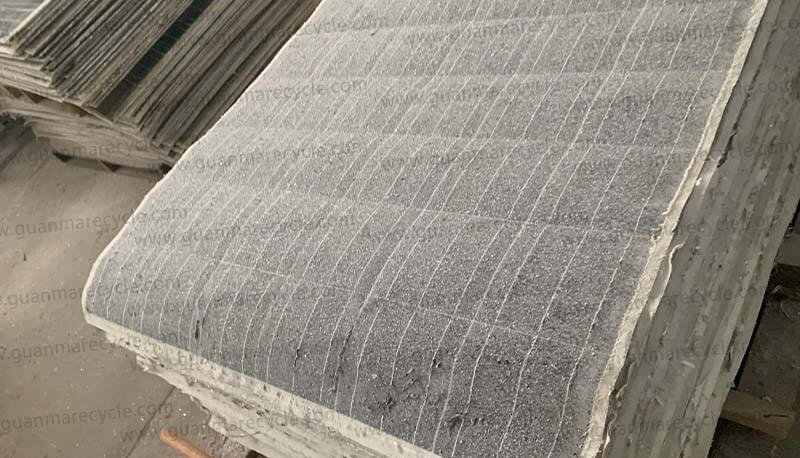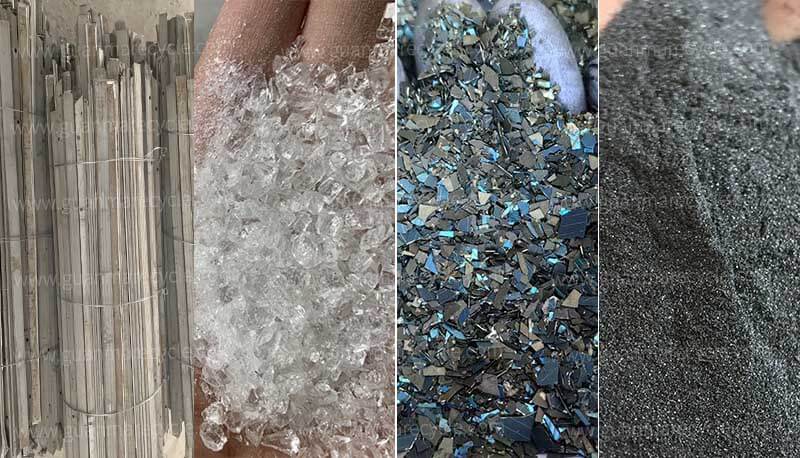Carbonization of rice husk is a process where rice husks, a byproduct of rice production, are subjected to high temperatures in a controlled, oxygen-limited environment. This thermal decomposition transforms the husks into biochar, a carbon-rich material, while releasing volatile gases and liquids as byproducts.
Key Features of Carbonization:
High Temperature: Typically ranges between 300–600°C.
Oxygen Limitation: Prevents combustion, ensuring the husk is carbonized rather than burned.
Byproducts: Produces biochar, syngas, and tar, with biochar being the primary focus.

Benefits of Carbonizing Rice Husk:
Waste Management: Converts agricultural waste into useful materials.
Eco-Friendly: Reduces carbon emissions and promotes sustainable practices.
Soil Enhancement: Biochar improves soil fertility, water retention, and nutrient efficiency.
Renewable Energy: Syngas can be utilized as a clean energy source.
This process is widely used in agriculture, energy production, and environmental management, making it an efficient and sustainable solution for rice husk utilization.


